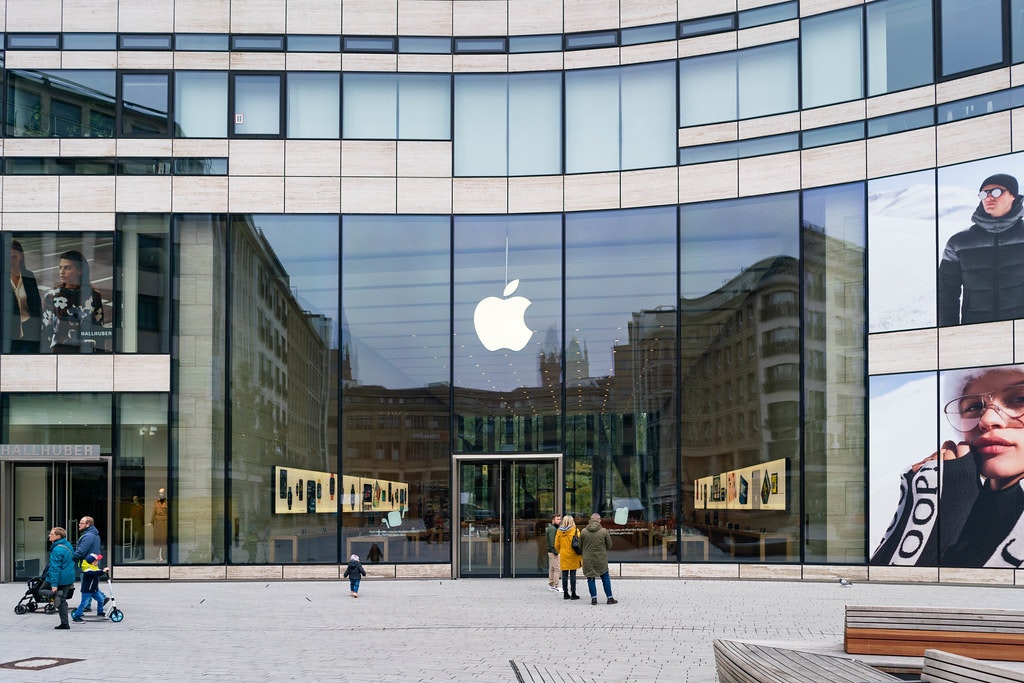The U.S. Department of Justice (DOJ) has filed a sweeping antitrust lawsuit against Apple and its iPhone business, focusing on Apple Pay. Apple is accused of blocking competition among payment services and thereby earning billions annually.
The DOJ lawsuit accuses Apple of not only stifling competition but also slowing down innovation. The fees that banks and other companies have to pay to use Apple Pay make them less inclined to develop alternative services that could compete with Apple.
Apple Pay has been the subject of regulatory investigations since 2020. At that time, the European Commission opened an antitrust investigation. In January 2024, Apple made concessions and offered third parties access to its NFC and related technology to develop their own tap-to-pay services. These offers are currently still being evaluated.
In the USA, Apple charges a fee of 0.15% on every transaction processed via Apple Pay. These fees brought Apple approximately 1 billion US dollars in 2021, 1.9 billion US dollars in 2022, and an increase to over 4 billion US dollars is expected in 2023.
These revenues are relatively low in the context of Apple's total revenues, which amounted to over 383 billion US dollars in 2023. However, Apple's long-term goal is for payments to become central to daily life and thus integral to the iPhone ecosystem.
The DOJ emphasizes that Apple retains full control over the NFC functionality of iPhones in the USA. According to the DOJ, this has not only prevented other companies from developing their own tap-to-pay features but also restricted the use of the technology.
Apple is also accused of controlling all cards and data in Apple Wallet, potentially turning it into a kind of "super app" that offers much more than just financial functions. This could make it more difficult for users to switch from an iPhone to another smartphone, as they would lose their accustomed payment and identification data.
The DOJ lawsuit further argues that Apple's fees for banks represent a significant burden and cut into the funding for features and benefits that banks could otherwise offer to smartphone users.
Interestingly, Google is cited as a positive example in the lawsuit. Both Google and Samsung do not charge fees on transactions processed through their payment apps.
Apple counters that Apple Pay simplifies the purchasing process and enables more transactions overall. However, the DOJ points to estimates from the US Consumer Financial Protection Bureau, which state that Apple Pay facilitated nearly $200 billion in transactions in the US in 2022, a figure expected to rise to $458 billion by 2028.
These figures underscore the central role of Apple Pay and its impact on the entire ecosystem, further supporting the DOJ in its lawsuit.










